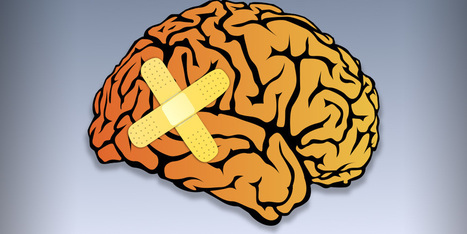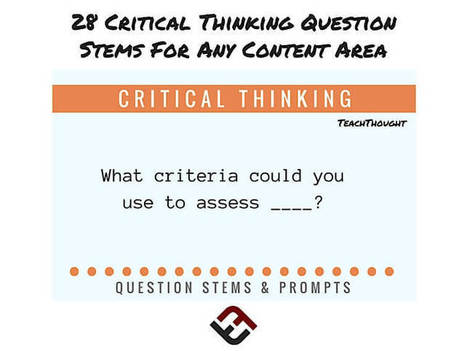At one time or another we have all engaged in poor thinking habits. After all, nobody’s perfect and neither is anybody’s thinking. However, that doesn’t mean we can’t get better at it and start thinking more critically. It’s worth our time to seek ways of improving our thinking and to guide our learners to do the same.
Poor thinking habits refer to the ways of thinking that produce adverse effects in every part of our lives. They can negatively affect our personal progress, our relationships, and everyone around us. But they do much more than that, actually. Not only do they affect the outside world, but they do damage from within as well. In the long run poor thinking can affect our self-esteem, our ability to cope with challenges, and even our physical health.



 Your new post is loading...
Your new post is loading...









